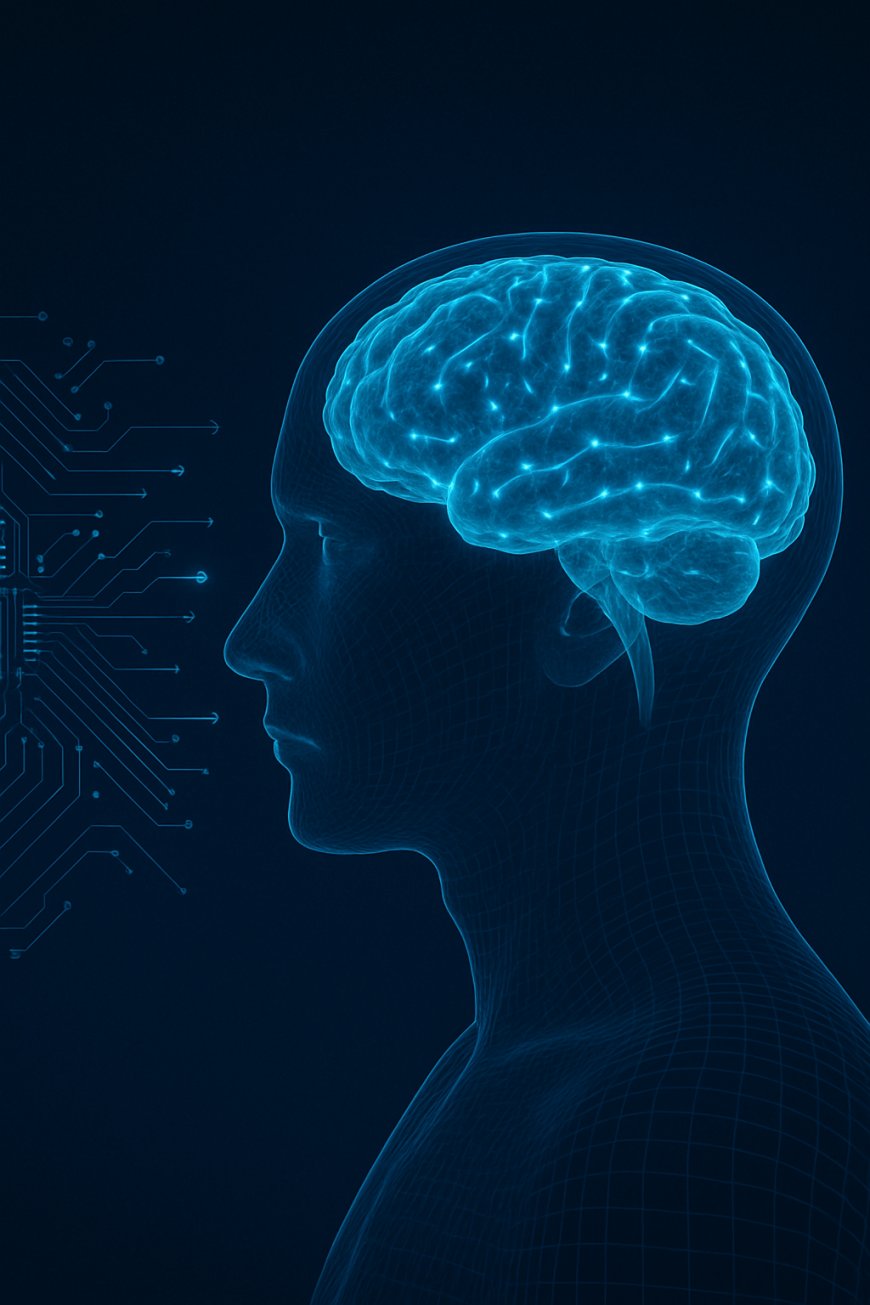The Future Is Now: Exploring Brain-Computer Interfaces (BCIs)
Imagine sending a text message just by thinking about it, or playing a video game with your mind alone—no keyboard, no controller, not even a voice command. Welcome to the world of Brain-Computer Interfaces (BCIs)—a revolutionary leap in human-machine interaction that’s turning science fiction into science fact.

💡 What Are Brain-Computer Interfaces?
Brain-Computer Interfaces are systems that establish a direct communication pathway between the human brain and external devices, bypassing traditional methods like touch or speech. In simpler terms, BCIs read your brain signals and translate them into commands that control machines.
BCIs can be invasive (implanted in the brain), partially invasive, or non-invasive (like headsets or wearables using EEG sensors). The goal? To unlock the power of the mind—literally.
🌐 Real-World Applications
BCIs are no longer experimental—they're being tested and deployed across multiple fields:
1. Healthcare & Neurology
BCIs are helping paralyzed patients control robotic limbs or communicate via computer screens. Companies like Neuralink, Synchron, and Blackrock Neurotech are developing implants that could treat conditions like ALS, epilepsy, and spinal cord injuries.
2. Gaming & Entertainment
Imagine playing a video game just by thinking. Startups are designing mind-controlled gaming headsets that read your brainwaves and respond in real time, offering the most immersive experience yet.
3. Productivity & Focus Tools
Wearable BCIs are being marketed as tools to monitor focus levels, reduce distractions, and even help in meditation. Devices like NextMind and Muse are already gaining popularity among biohackers.
4. Military & Defense
Defense agencies are exploring BCIs for hands-free drone control and enhanced cognitive abilities during combat, making soldiers more efficient and aware on the battlefield.
🚀 What Makes BCIs Unique?
-
No physical interaction required
-
Bridges humans and AI like never before
-
Offers hope for people with disabilities
-
Redefines how we interact with machines
-
Potential to merge humans with the digital world
⚠️ Ethical Concerns & Risks
With great power comes great responsibility—and concern. Critics warn about privacy, data misuse, and mind-hacking. If your thoughts can be read and decoded, who owns that data? Governments and tech companies are still figuring out ethical frameworks.
🔮 The Road Ahead
Brain-Computer Interfaces are still in their infancy, but they represent one of the most promising frontiers in technology. As hardware gets smaller, AI becomes smarter, and neuroscience evolves, we’re headed for a future where thought-powered tech could be as common as smartphones.
Whether it’s restoring mobility, boosting mental focus, or simply opening a new app with your mind—BCIs are here to change everything.
What's Your Reaction?
 Like
0
Like
0
 Dislike
0
Dislike
0
 Love
0
Love
0
 Funny
0
Funny
0
 Angry
0
Angry
0
 Sad
0
Sad
0
 Wow
0
Wow
0














